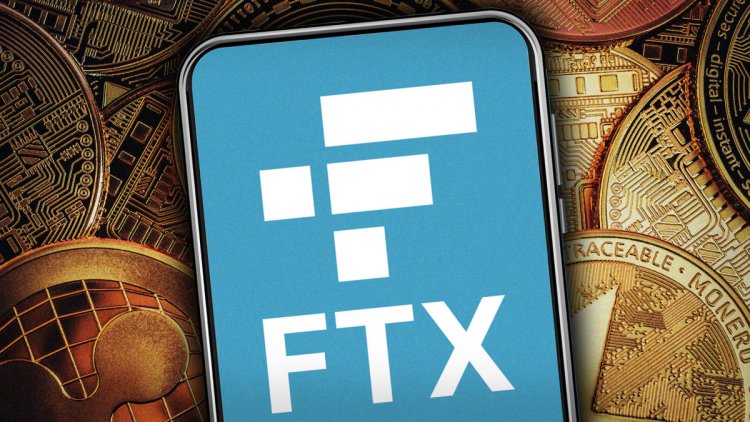FTX Collapse: Not Sure Creditors Get Their Money Back, Says Moody's
The bankruptcy of the cryptocurrency exchange will have long-lasting effects on the crypto industry.

The bankruptcy of the cryptocurrency exchange will have long-lasting effects on the crypto industry.
It will take years to understand all the consequences of the bankruptcy of Sam Bankman-Fried's cryptocurrency empire.
According to ratings agency Moody's, the overnight implosion of the FTX cryptocurrency exchange and its sister company Alameda Research, will have "long lasting effects on the crypto industry."
Bankman-Fried filed for bankruptcy on November 11 in the face of a cash crunch caused by a run on the bank by FTX clients. Since then, the regulators in the United States and the Bahamas, where the headquarters of FTX were based, are trying to piece together what happened. They want to understand how a company that was valued at $32 billion in February could find itself bankrupt in a matter of days. The same company had become the savior of other struggling crypto firms last summer.
"Shockwaves of FTX collapse will further undermine trust in crypto finance system," Moody's Investor Service said in a recent note.
'Uncertain Recovery'
The rating agency believes that this crisis, coupled with falling crypto asset prices, "will restrict businesses’ ability to raise funds and depress customer demand." The whole crypto space will be impacted.
"These factors will deteriorate the credit quality of centralized finance (CeFi) companies, intermediaries managing their customers’ crypto transactions," Moody's said. "Decentralized finance (DeFi) applications, financial platforms allowing participants to interact without intermediaries, will also feel the effects of FTX’s demise despite being more transparent."
While John Ray, FTX's new CEO in charge of restructuring Bankman-Fried's empire, has indicated that all options are on the table, Moody's said that the bankruptcy process will take a long time. But what's even less reassuring is that the ratings agency says it's 'uncertain' whether creditors will get their money back.
"FTX's creditors face uncertain recovery prospects and lengthy bankruptcy proceedings," Moody's wrote. "FTX’s assets are mostly illiquid, and multiple internal deficiencies make their identification challenging."
According to Moody’s, since the bankruptcy filing, Ray has stated that FTX lacked reliable financial statements and cash control processes, and also reported that FTX failed to reconcile its daily blockchain positions and used fraudulent software to conceal the misuse of customer funds.
The petition filed by Ray on November 17 says that Alameda Research, FTX’s sister company, loaned $1.5 billion to co-founders Bankman-Fried and Nishad Singh. But customers’ funds did not appear in the accounts that the new management team published.
"Because of these deficiencies and a lack of liquid assets, recovery prospects appear limited," Moody's believes. "FTX Trading Ltd., the primary international exchange operator, may have had $8.9 billion in liabilities and $9.6 billion in assets on 10 November, one day before the Chapter 11 filing, of which only $900 million management considered to be liquid."
'Abuses'
The valuation of many investments also seems uncertain, like the $2.1 billion of SRM, a token issued by the FTX-backed Serum decentralized exchange, a $1.1 billion stake in crypto research and technology company GDA Fund, and $600 million of FTX’s token, FTT.
Additionally, unauthorized account transactions led to a $477 million loss on 12 November. The new management team reported on November 17 that it had secured only $740 million in crypto assets.
"Moreover, bankruptcy procedures will likely take many years, given the complexity of the case and the dispute between US and Bahamian courts. Although some companies have reported exposure to FTX, most creditors remain anonymous. We do not know if the bankruptcy proceeding will reveal their identity, which could create more turbulence," Moody's added.
The rating agency is also convinced that the FTX crisis will accelerate the regulation of the sector with laws that are stricter or less favorable to the crypto industry.
"The industry's inability to self-regulate will accelerate the implementation of new laws," the rating agency wrote. "In the US, pressures are mounting to regulate crypto service providers. New European rules address some regulatory deficiencies that FTX’s demise highlighted but do not cover the issues arising from the misuse of platform native tokens."
But Moody's warned that "without global coordination, even comprehensive local laws will do little to prevent cross-border regulatory arbitrage and the potential abuses."
What's Your Reaction?



























































